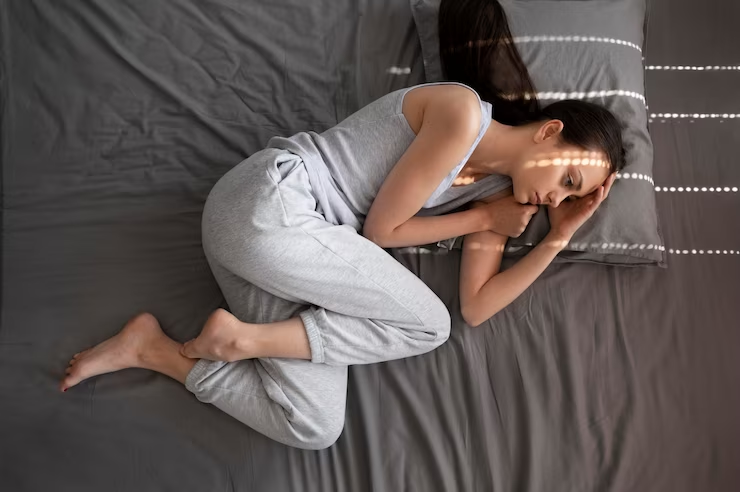Sleep plays a crucial role in our overall well-being, and for individuals living with depression in South Africa, establishing healthy sleep patterns becomes even more important. Depression often disrupts sleep, leading to difficulties falling asleep, staying asleep, or experiencing restorative sleep. However, prioritizing good sleep hygiene can significantly impact mood, energy levels, and overall mental health. In this article, we will explore strategies to promote healthy sleep patterns for individuals with depression in South Africa.
- Establish a Consistent Sleep Schedule: Maintaining a regular sleep schedule is essential for regulating the body’s internal clock and promoting better sleep. Set a consistent bedtime and wake-up time, even on weekends, to help synchronize your sleep-wake cycle. This consistency can improve sleep quality and make it easier to fall asleep and wake up each day.
- Create a Sleep-Conducive Environment: Your sleep environment plays a crucial role in promoting quality sleep. Ensure your bedroom is cool, dark, and quiet. Use curtains or blinds to block out external light, and consider using earplugs or a white noise machine to mask disruptive noises. Invest in a comfortable mattress, pillows, and bedding that promote optimal comfort and support for your body.
- Practice Relaxation Techniques: Relaxation techniques can help calm the mind and prepare the body for sleep. Deep breathing exercises, progressive muscle relaxation, and mindfulness meditation can reduce anxiety and promote relaxation before bed. Consider incorporating these practices into your bedtime routine to ease stress and enhance sleep quality.
- Limit Stimulants and Electronics: Stimulants such as caffeine and nicotine can interfere with sleep. Limit their intake, especially in the afternoon and evening. Additionally, the blue light emitted by electronic devices like smartphones, tablets, and computers can disrupt sleep. Avoid using these devices for at least an hour before bed or use blue light filters to minimize their impact on your sleep.
- Engage in Regular Physical Activity: Regular exercise has been shown to improve sleep quality and reduce symptoms of depression. Engaging in physical activity during the day can help regulate your sleep-wake cycle and promote deeper, more restorative sleep. Find activities you enjoy, such as walking, jogging, swimming, or yoga, and aim for at least 30 minutes of exercise most days of the week.
- Avoid napping: While napping can be tempting, it may disrupt your sleep schedule and make it harder to fall asleep at night. If you feel the need to nap, limit it to a short power nap of 20-30 minutes early in the afternoon. Avoid napping close to bedtime.
- Seek Professional Help: If you are experiencing persistent sleep difficulties or depressive symptoms, it is essential to seek professional help. A healthcare provider or mental health professional can assess your condition, provide appropriate treatment options, and address any underlying sleep disorders contributing to your sleep disturbances.
- Consider Therapy and Support: Therapies such as cognitive-behavioral therapy for insomnia (CBT-I) can be effective in treating sleep problems associated with depression. CBT-I helps identify and modify negative thought patterns and behaviors that contribute to poor sleep. Support groups and counseling can also provide valuable emotional support and coping strategies for managing depression and improving sleep.
Remember, improving sleep patterns takes time and consistency. Be patient with yourself and practice self-care. By prioritizing healthy sleep habits and seeking appropriate support, individuals with depression in South Africa can significantly enhance their sleep quality and overall well-being.










